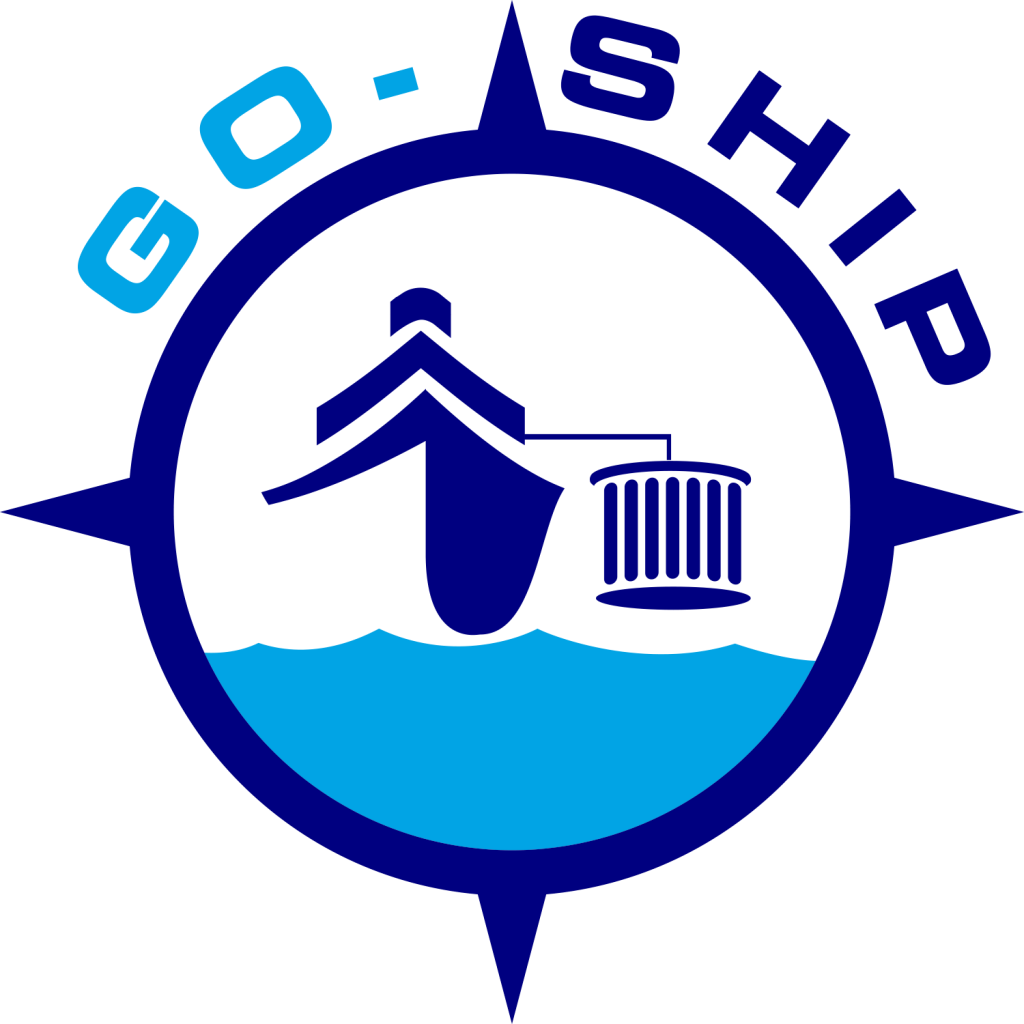TOS Ocean Observing Team Award
ABOUT
Achieving meaningful advancements in ocean observing requires the contributions of many scientists and technical experts. The Oceanography Society will recognize these efforts through the TOS Ocean Observing Team Award, presented biennially to a team for innovation and excellence in sustained ocean observing for scientific and practical applications. The award will be presented to a team of at least six but fewer than twenty members.
2026 AWARD
The GO-SHIP Team
For 20 years of internationally coordinated, high-quality, high-resolution repeat hydrographic measurements, documenting decadal changes in ocean circulation, heat, carbon, oxygen, and nutrients essential for understanding Earth’s climate
CRITERIA
A breakthrough in the design, installation, implementation, and use of sensors, platforms, systems, strategies, and/or programs that have led to transformative applications of ocean observing data/information for the advancement of scientific knowledge and/or meaningful societal impact.
These contributions may be demonstrated by:
- The inclusion of engineers, data scientists, early career professionals, and/or students in the advancement and implementation of observing system elements and/or their application in operations
- Significant inter- and multidisciplinary activities and lasting contributions by demonstrated sharing of best practices and the implementation of interoperable data streams
ELIGIBILITY
NOMINEES
- Active membership in The Oceanography Society is not required at the time of nomination.
- TOS officers and members of the Council are not eligible for selection during their terms of service.
- Nomination is for a team from any country or countries, ideally with international participation. Self-nominations are allowed.
- If selected, nominees must certify their compliance with all TOS policies, specifically the Professional Integrity, Ethics, and Conduct and Guidelines on Implementation.
NOMINATORS
- Anyone can serve as a nominator for a team. Potential teams should feel encouraged to ask a potential nominator to advance a nomination.
- Nominators are not required to be TOS members.
- One co-nominator is allowed.
- Nominators must certify their compliance with all TOS policies, specifically the Professional Integrity, Ethics, and Conduct and Guidelines on Implementation and acknowledge the TOS Values Statement on Justice, Equity, Diversity and Inclusion.
SUPPORTERS
- Supporters are not required to be TOS members.
SUBMISSION AND DEADLINE INFORMATION
- Nominations must be submitted using the Online Nomination System which will open in late winter 2027.
- The nominations deadline will be March 31, 2027.
- Nominations must include the elements described in the Nomination Package section below.
NOMINATION PACKAGE
Nominations must include the following elements:
1. CITATION
- Please suggest text that may be edited to appear in news releases and on a certificate presented to the recipient. The text of this citation should be 200 characters or less.
2. PROFESSIONAL HISTORY
- Teams must comprise at least six representative members. Nominated team members should span the range of expertise/activities (i.e., not just team leadership). A curriculum vita (five pages maximum) for each of six representative members must be submitted. The curriculum vita must include the representative team member’s name, professional mailing and email addresses, research experiences, and major contributions and service to the community.
- A description of the team’s accomplishments (five pages maximum) should span the range of important contributions addressing the Ocean Observing Team Award criteria. In addition, oiginal impacts in highlighted areas of sustained observations should be documented. Contributions to relevant innovations, technologies, networks, and facilities may be documented by citing community syntheses or project reports in addition to scientific journal articles, patents, and data sets within this five-page report.
3. NOMINATION LETTER
- The nomination letter can be a maximum of two pages and must include the name, title, affiliation, and contact information for the nominator or co-nominators.
- The letter should succinctly describe why the team is suited to receive the award, highlight their accomplishments, and elaborate on any information that is not specifically addressed in the nomination materials.
4. SUPPORTING LETTERS
- At least two but not more than three individuals may provide support for the nomination. These individuals are in addition to the nominator or co-nominators. Supporting letters are capped at two pages in length (800 words maximum, 12-point font) and must include the supporter’s name, title, and contact information, relationship to the nominee, and clear justification for the qualifications of the nominee.
MEET THE RECIPIENTS
 2026 AWARD – The GO-SHIP Team For 20 years of internationally coordinated, high-quality, high-resolution repeat hydrographic measurements, documenting decadal changes in ocean circulation, heat, carbon, oxygen, and nutrients essential for understanding Earth’s climate > Read more |
|
PREVIOUS RECIPIENTS
2021 AWARD – RAPID/MOCHA/WBTS 26°N TEAM |
QUESTIONS?
If you have any questions about the the TOS Mentoring Award, please contact Jenny Ramarui, TOS Executive Director.
Background photo credit: Nico Marin/Ocean Image Bank

© 2026 The Oceanography Society
1 Research Court, Suite 450-117, Rockville, MD, 20850, USA | Phone: (1) 301-251-7708 | [email protected] | Privacy Policy





